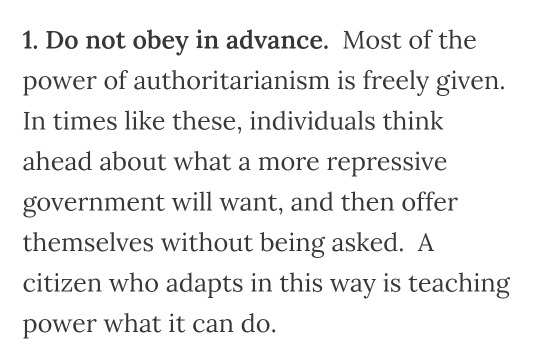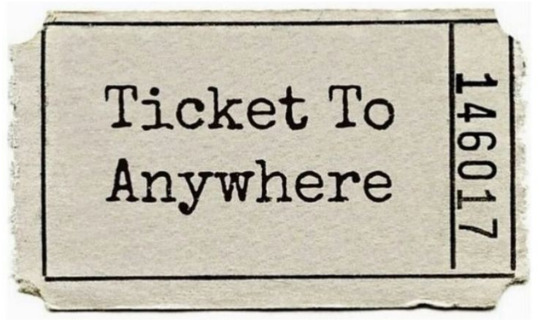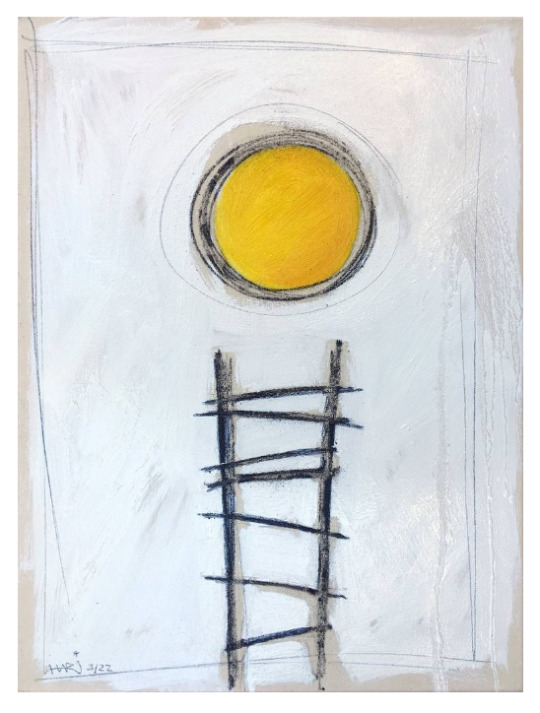#on freedom
Explore tagged Tumblr posts
Text

- Timothy Snyder. The first and perhaps most important lesson from On Tyranny: Twenty Lessons for the Twentieth Century (2017)
Snyder's new book, On Freedom, was published in 2024.
#us election#us politics#on freedom#timothy snyder#do not obey in advance#DO NOT OBEY IN ADVANCE#i wanted to share screenshots of all the lessons butit was either too many images or resolution issues#so to get the link instead#extremely valuable reading folks
20K notes
·
View notes
Text

haiku #3, tathev simonyan
713 notes
·
View notes
Text



Let's run away together, towards a life where we can be free
#dog motif#dog imagery#on freedom#dog poetry#spilled ink#spilled thoughts#vent#love#quotes#love quotes#writings#poem#poetry#dogs#canine#web weaving#weirdcore#strangecore#trauma#on friendship#my edits#my writing#trauma vent#vent post#vent poetry
164 notes
·
View notes
Text
Welcome to the Fiftieth Day
Twenty of my posts of the day so far were based on Timothy Snyder's book On Tyranny, published in 2016, and it's 20 principles for how to resist authoritarianism that we learned from the 20th century dictatorships.
Good news! @timothysnyder is on Tumblr now! If you like the things I've been posting, follow him as well.
2025-03-10
#us politics#resistance#resist#uspol#count the days#day50#Timothy Snyder#on tyranny#fight back#against#us government#tyranny#authoritarianism#dictatorship#trump#musk#on freedom
24 notes
·
View notes
Text










ON REGAINING FREEDOM AND LEARNING HOW TO BE A PERSON AGAIN
euphoria (2019—) // far too young to die, panic! at the disco // unknown // getting older, billie eilish // ��spring”, wound is the origin of wonder, maya c. popa // unknown // iain thomas // american teenager, ethel cain // musafa m. // unknown
#on freedom#on identity#web weave#web weaving#words#poetry#billie eilish#ethel cain#euphoria#panic! at the disco#rue bennett#this one is really personal
35 notes
·
View notes
Text
Untitled 001.
Seeing a hallway friend in public is such an excruciating experience
Yes, we said hi to each other every day. No, I didn’t know your name until one of my friends asked how I knew you. Yes, I took off in the middle of the year and you never saw me again. No, i didn’t die. I am So happy that you lived. There’s a part of my heart that beats for you. I don’t even know you. I’m so happy to see you. We were never friends so we have nothing to catch up on. Yes, i missed you. Yes, i thought about you. You look happier. I look happier. Long time no see. I hope i never see you again.
Have a great life. i love you. i don’t know you enough to mean that. goodbye.
#.txt#my poetry#webweaving#GAHHH#web weaving#the human experience#anyway. i’m just supposed to be normal after this#on friendship#on freedom#on strangers#on sadness#on estrangement#well.#fav#prepare to see this but better in 3-4 years#poems#poems on tumblr#poems and poetry#actually about to lose my shit#hopecore#dreadcore
25 notes
·
View notes
Text
On Freedom (Timothy Snyder, 2024)
"Politicians of inevitability and their acolytes like to talk about averages, but they are worse than meaningless.
If Jeff Bezos is in a room with a hundred impoverished working mothers, their average wealth is north of $1 billion, but that means nothing to the women.
If you have $12 million, and each of your ten friends has $100,000 in college debt, you and friends are, on average, $1 million in the black.
But your friends can’t pay off their debts with that average.
It only seems that the typical American has some money because the wealth of a few hundred families—again, a group the size of my high school class—gets into the mix and spoils the math.
Since half the national wealth is owned by an irrelevantly small group of people, the country is only half as wealthy as the numbers present it to be.
If we remove oligarchs from the sample, it becomes brutally clear that the national wealth is spread thin.
Typical Americans live from paycheck to paycheck, which is a polite way of saying that they are poor.
A typical American cannot come up with $1,000 in an emergency. A typical American cannot pay for the funeral that negative freedom hastens.
Matters are still worse than this. It is not enough to remove the wealth of those top few hundred families in order to correct the math of national freedom.
We actually have to count that wealth against the national welfare, because its concentration leads to practices and policies that leave almost everyone less mobile and less free.
The tiny group of “have yachts” are more politically coherent and powerful than the enormous mass of “have-nots,” and they will act to keep it that way."
8 notes
·
View notes
Text








the higher you go the freer you are.
mary barnyard, height is the distance down || t.s. eliot, the waste land || parkour || roman payne, rooftop soliloquy || charles bukowski || pascale petit, sky ladder || tony hoagland, from this height || mary oliver, every day has something in whose name is forever
#on freedom#web weaving#my weavings#on heights#mary barnyard#t s eliot#the waste land#parkour#roman payne#rooftop soliloquy#charles bukowski#pascale petit#tony hoagland#mary oliver
41 notes
·
View notes
Text

Duffie Taylor (South, 2019)
#op#poem#poetry#prose poem#prose poetry#selma#selma marches#selma to montgomery#mlk jr#mlk#martin luther king jr.#duffie taylor#on freedom#civil rights movement
4 notes
·
View notes
Text
there is a moment between jumping from the frying pan into the fire that feels a lot like liberation
#like a siren's call#on freedom#on liberation#happened to us#is happening to them#i feel bad for the misguided people#i feel bad for the civilization
414 notes
·
View notes
Text



I'll love you; we'll love each other, we'll save one another
#lovecore#dog posting#dog poetry#dog imagery#dog poem#love#on love#on friendship#on freedom#writings#poem#poetry#dogcore#healing#mental health#positivity#positive mental attitude#positive thoughts#positive quotes#quotes#canine#therian#nonhuman#alterhuman#therian community
67 notes
·
View notes
Text
“It’s more than that, in caring, time is folded. One is attending to the effects of past actions, attempting to mitigate current suffering, and doing what one can to reduce or obviate future suffering, all at once.”
- Maggie Nelson, On Freedom
4 notes
·
View notes
Text
“Free-a small word for such a magnificent thing. I don't know what it feels like, but I want to find out.”
— Gallant (V. E. Schwab), pub. 2022, USA
#books#book quotes#quotebook#Gallant#v.e. schwab#victoria schwab#YA fantasy#gothic#horror#mystery#on freedom
9 notes
·
View notes
Text
On Freedom (Timothy Snyder, 2024)
"We say that a symbol stands for something, but all too often a symbol merely stands in for something.
The American flag is supposed to stand for freedom, but it can very easily stand in for freedom.
In singing the anthem, we treat its values as permanent, or as if they were enacted by song. But praise is not practice.
By no meaningful index are Americans today among the freest peoples of the world.
An American organization, Freedom House, measures freedom by the criteria Americans prefer: civil and political liberties.
Year after year about fifty countries do better than us on these measures. Our northern neighbor Canada stands far above us.
In a recent ranking, the United States shared a place with South Korea (a country Americans fought for), Romania (a post-communist country that few Americans would see as a peer), and Panama (a country that the United States called into existence in order to get a canal built).
The truth about the “land of the free” is more sobering still.
Most of the countries with higher rankings than ours in civil and political liberties would surpass us by still greater margins in the measures that their citizens would consider elements of freedom, such as access to health care.
If such measures were included, we would fall even further down on the scale.
The countries where people tend to think of freedom as freedom to are doing better by our own measures, which tend to focus on freedom from.
That should give pause for thought.
Political systems that are oriented toward freedom to are doing better than we are on freedom from.
This suggests that there is no contradiction between the two. Indeed, it suggests that freedom to comes first.
That is not what we are used to thinking or want to think. It helps to look at others if we want to understand ourselves.
We tend to think of freedom just as freedom from, as negative.
But conceiving of freedom as an escape or an evasion does not tell us what freedom is nor how it would be brought into the world.
Freedom to, positive freedom, involves thinking about who we want to become. What do we value? How do we realize our values in the world?
If we don’t think of freedom as positive, we won’t even get freedom in the negative sense, since we will be unable to tell what is in fact a barrier, how barriers can be taken in hand and become tools, and how tools extend our freedom.
Freedom from is a conceptual trap. It is also a political trap, in that it involves self-deception, contains no program for its own realization, and offers opportunities to tyrants.
Both a philosophy and a politics of freedom have to begin with freedom to.
Freedom is positive. It is about holding virtues in mind and having some power to realize them."
7 notes
·
View notes
Text

A Qunut of Heavensongs, Babatunde Waliyullah Adesokan
6 notes
·
View notes